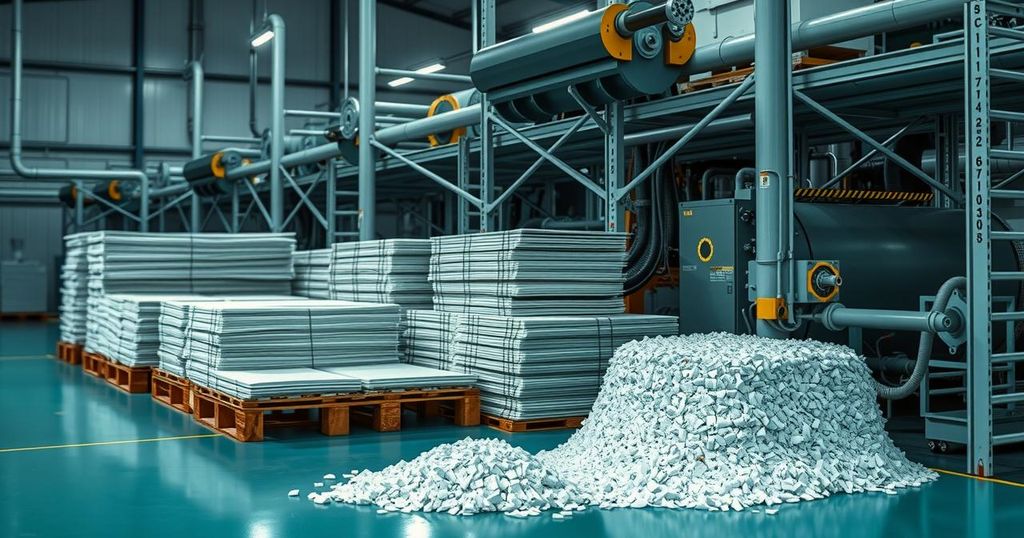Brazil’s paper and pulp industry is preparing for the EUDR set for late 2025, enhancing supply chain traceability while facing potential cost increases due to required technology investments. The sector aims to demonstrate its sustainability practices amid mixed responses to the regulation’s postponement.
Brazil’s pulp and paper industry is optimizing its operations to comply with the European Union’s Deforestation-Free Products Regulation (EUDR), set to be enacted in late 2025. This legislation mandates that suppliers demonstrate their products are sourced from areas not implicated in illegal deforestation. The Brazilian Tree Industry (Ibá) reports that the sector has effectively traced its supply chains for over twenty years and does not source from deforested areas. However, in meeting specific EUDR requirements, companies may incur additional costs of up to $230 per ton of pulp due to investments in blockchain and other technologies.
The postponement of the EUDR has elicited mixed reactions within the industry. While Ibá views it as an opportunity for smoother compliance and the refinement of certain aspects by the EU Commission, deforestation experts argue for the urgency of immediate action. Brazil’s paper and pulp sector exports 4.4 million tons of pulp annually to the EU, focusing on claims of sustainability and compliance with both local and international laws. The industry, at large, has already incorporated extensive tracing protocols and third-party audits to secure transparency throughout its supply chains.
As companies like Suzano Papel e Celulose lead initiatives by developing in-house blockchain solutions, the industry collectively seeks to align with EUDR mandates, creating robust systems for tracking wood from its source to final products. Despite concerns regarding compliance costs and potential disruption, the overall sentiment remains that adherence to sustainable practices is not only viable but also essential for long-term operational integrity.
The EUDR aims to combat illegal deforestation linked to products exported to the EU. With Brazil being a significant supplier of pulp, the regulation requires proof that timber sourced for paper production is not derived from deforested lands. The Brazilian pulp and paper sector has a longstanding commitment to transparency and sustainability, tracing its supply chains meticulously. The upcoming regulation demands new investments in technology to further facilitate this traceability, which could, however, increase production costs substantially. As the industry prepares to meet these requirements, discussions around the regulation’s postponement highlight the challenges and complexities involved in its implementation, balancing environmental preservation with economic viability.
Brazil’s pulp and paper industry is adapting to the EUDR by investing in technology and ensuring compliance with sustainable practices. While the EUDR’s postponement offers a chance for industry refinement, experts emphasize the need for immediate action to combat ongoing deforestation. As the sector strengthens traceability measures, it aims to enhance transparency and align itself with global sustainability efforts, despite the potential increase in production costs.
Original Source: news.mongabay.com






